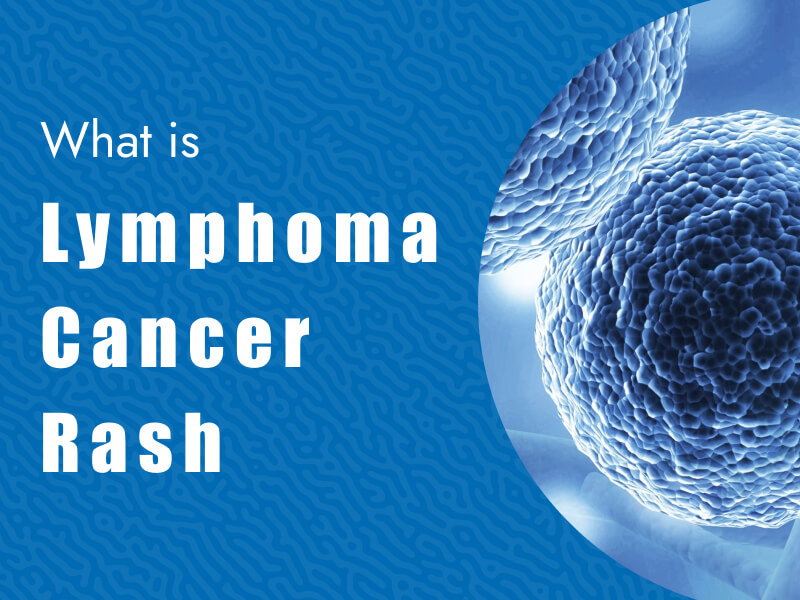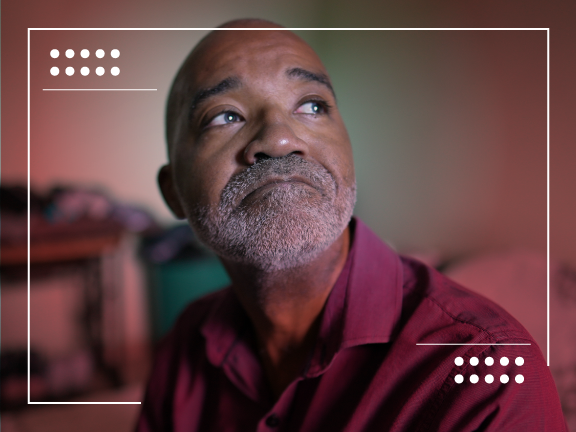MCL Clinical Trials: Mantle Cell Lymphoma clinical trials aim to prolong the life of patients and develop new treatments. Medical professionals and clinical organizations are working to improve existing treatments as well as develop a more comfortable treatment process and new drugs for MCL patients.
Mantle Cell Lymphoma (MCL) is a rare type of B-cell Non-Hodgkin Lymphoma. MCL has 4 stages and constitutes 6% of all lymphoma cases in the United States. 70% of patients are diagnosed at stage IV (advanced). Due to its late diagnosis, many patients MCL cannot be cured, but treatment can be applied to suppress symptoms and increase the lifespan of the patient. MCL clinical trials are aimed at finding new treatments for people who fight this disease.
What is Mantle Cell Lymphoma?
Mantle Cell Lymphoma is a rare cancer type and classified as a Non-Hodgkin lymphoma (NHL). NHL is one of the two major subtypes of lymphoma and can begin in the B-Cells or T-cells. B-cells are white blood cells that help the body fight infections. It is produced in bean-sized organs called lymph nodes. Lymph nodes are found in many parts of the body, such as the neck, armpits, groin, as well as other parts of the immune system. When the B-cells in the lymph nodes reproduce and grow uncontrollably, it causes lymphoma. Cancer cells can spread to other organs through the bloodstream or from the lymphatic system to other lymph nodes, bone marrow, digestive system, spleen, and liver.
Mantle Cell Lymphoma is B-cell type cancer which emerges from the “mantle zone” located in the lymph nodes. It is usually diagnosed in advanced stages and in most cases involves the gastrointestinal tract or bone marrow. It can be a fast growing and aggressive, or slowly growing in some cases. Overproduction of a protein called cyclin D1 in the lymphoma cells is found in more than 90% of MCL patients. Therefore, in the biopsy performed for diagnosis, the presence of cyclin D1 in the tissue sample is tested. Other proteins MCL patients have high levels of include beta-2 microglobulin and LDH proteins.
Symptoms of MCL
One of the most common symptoms for MCL is drenching night sweats, when combined with unintended weight loss and/or fever are called “B symptoms”. MCL symptoms include:
- Fever
- Night sweats
- Fatigue
- Weight loss and anorexia
- Swelling of the liver
- Growth in lymph nodes
- Anemia
Mantle Cell Lymphoma Treatments
The most appropriate treatment method for MCL is determined by a group of doctors from different specialties working together. MCL is treated by several different treatment methods. Factors such as specific treatments, dose, and schedule interval are determined according to the general health status of the patient, past medical history and stage of the disease. Treatment methods for MCL disease are as follows:
- Chemotherapy and Targeted Therapy
The main treatment method for MCL is the combination of chemotherapy and targeted therapy. Targeted therapy called Rituximab and other chemotherapy drugs are used. Rituximab is a drug that kills cancers by targeting CD20 proteins in the B-cell. The most commonly used regimens are R-chlorambucil, R-bendamustine, R-CVP and R-CHOP.
- Steroids
Steroids can be used to support chemotherapy in the treatment of lymphoma.
- Bone Marrow Transplant and Stem Cell Transplant
This method is utilized once the disease has recurred, and the patient responds to salvage therapy. Transplant treatment is an intensive practice that is not suitable for every patient. When chemotherapy is applied in high doses, it also kills stem cells in the bone marrow. In the treatment of autologous stem cell transplant, physicians harvest healthy stem cells prior to using more intensive chemotherapy, and then reinfuse the patient’s own stem cells to repopulate the bone marrow.
- Radiotherapy
Radiotherapy aims to destroy cancer cells using high energy rays. It can be used to treat locally in early-stage lymphoma patients.
- Targeted Therapy
Rituximab is the most widely preferred targeted therapy. Apart from Rituximab, Temsirolimus, Lenalidomide and Ibrutinib drugs can also be used.
MCL Clinical Trials
Since MCL disease is a very rare type of lymphoma, clinical research is essential to recognize the disease, develop new treatments, and understand the effects and dosage of drugs. There are many ongoing treatment studies for MCL. These studies aim to find new drugs and improve stem cell transplantation. Some of the researched drugs are;
- Venetoclax
- Bendamustine
- Obinutuzumab
- Lenalidomide
- Ibrutinib
- Acalabrutinib
- Ofatumumab
- CAR-T cell therapy
To better understand Mantle Cell Lymphoma and improve existing treatments, patients can take part in clinical research to offer better treatment options for future generations of lymphoma patients. Among the many clinical trials, Massive Bio helps you find the trial that best suits you and your illness. You can contact us to get more information on clinical trials for MCL.












